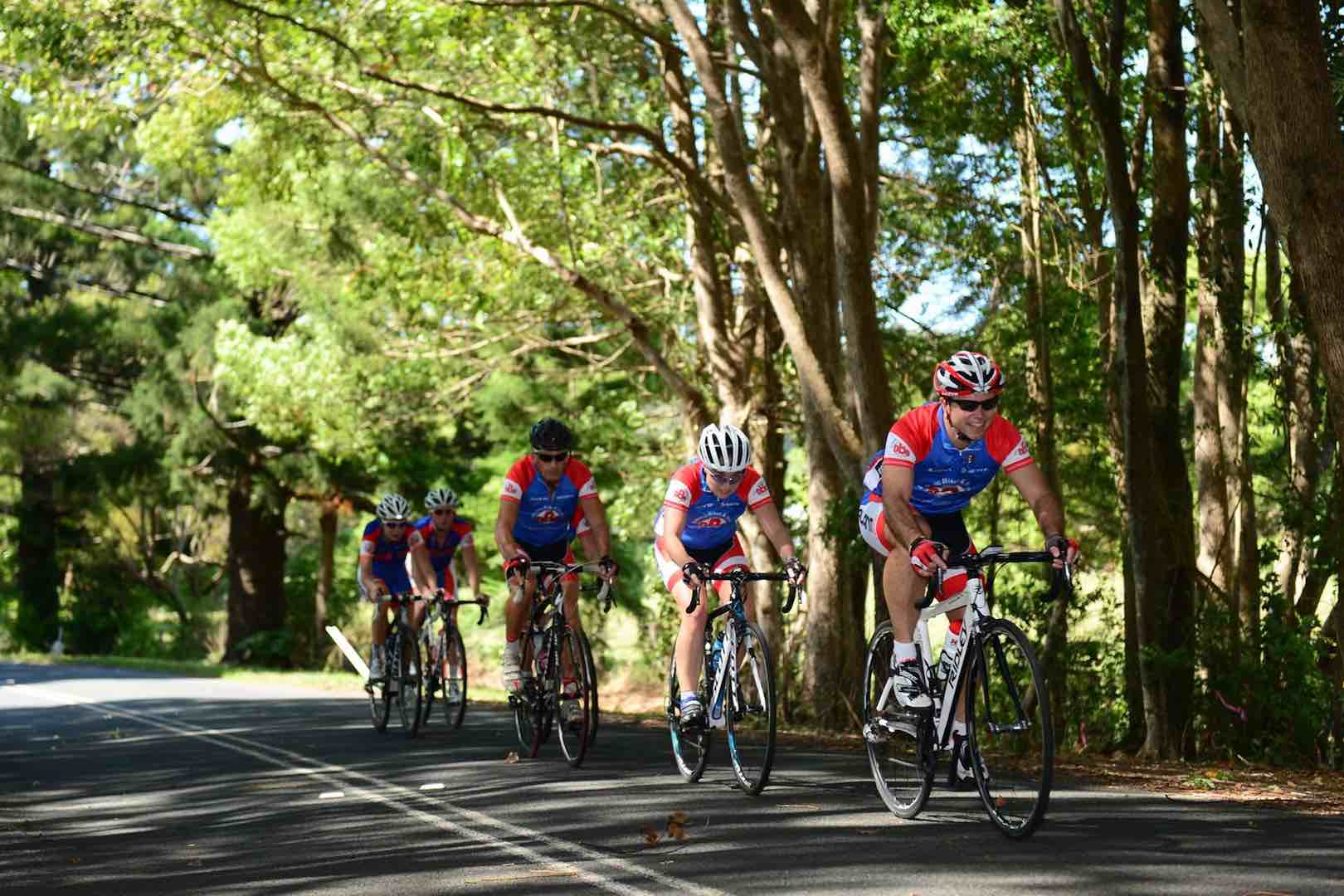

Tuesday Training Tip #39
By Craig Pearman
“Managing Your Aggression”
So here’s a link that (once again) talks about a “brain explosion”. (Advisory: There is NO blood and gore in this video, no actual explosion. Just hype.) Essentially, a very charged-up rugby player experiences a lapse of discipline, and allows his aggression to rule his mind, resulting in (1) a penalty, (2) a field-goal kick, (3) a loss of the game, and (4) the end of the season for the team. Pretty costly!
We all know that aggression is a natural and necessary component of competitive sports. When time is running out, we find ourselves up against a wall, and the only difference between winning and losing is “the size of the fight in the dog”, aggression can be the determining factor. But clearly this aggression cannot be unbridled or unfocused. It typically needs to come out at the right time, in the right place, towards the right direction (or opponent), and within the rules and guidelines of the competition.
That being said, it is obviously not good enough to simply build your aggression, to get tough, to develop a “mongrel factor” and to let it all loose in the final minutes. It still needs to be channelled properly. It’s a bit like training a guard dog (or a police or military dog). You want plenty of aggression . . . but you also want it to be completely under your control. (What good is a guard dog that makes its OWN decisions about who to attack, and when?) For this reason, training your aggression is just as important as building it in the first place.
As an athlete, perhaps you recognise that you are somewhat lacking in aggression during competition . . . or that you just cannot bring it to the fore when you need to. As a coach, perhaps you see that your athletes have plenty of aggression, but that it is undisciplined . . . and that they attack at the wrong moment. Aggression training is about learning how to switch it on . . . and off . . . on command. It takes practice, and patience, and usually a skilled coach. It also takes planning and discipline and trust (and that again comes with a skilled coach).
In team sports, aggression training often takes place in simulated games or mock-ups. In endurance sports, it may instead take place during interval training or mock sprints. And it’s not just about putting out the extra energy and power when told to . . . it’s also about finding that mindset (the determination, the refusal to back down, the “anger”) that will push you through the pain and over the top of your opponent. (Incidentally, this is why some coaches yell at their athletes. It triggers the aggression response.) Whatever the sport, this type of training can be very beneficial.
At the end of the day, you want to be able to say that you gave your all, and achieved the best outcome you could muster. You don’t want to be in the headlines for “brain explosion of the year”! So take the time to train your brain, and start managing your aggression.






Leave A Comment